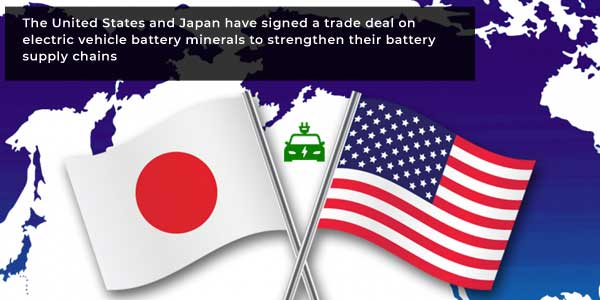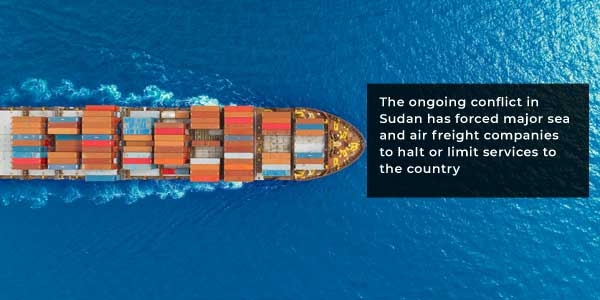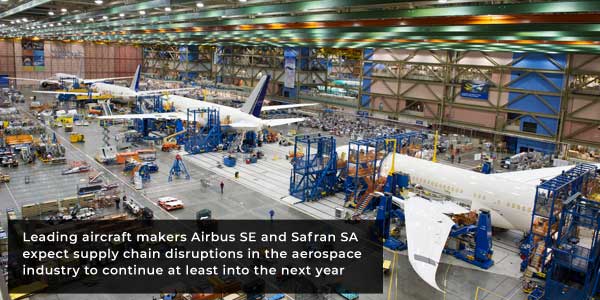May 2023

We create avenues for the industry to gain more insights into emerging trends, industry-specific problems of national importance, and global best practices in logistics & supply chain management. We enable the industry to cut down transaction costs, increase efficiency, and enhance profitability. We are committed to sensitizing the industry about macro-level issues and helping find solutions to them.
News highlights from the world of supply chain and logistics that appeared in media over the last one month
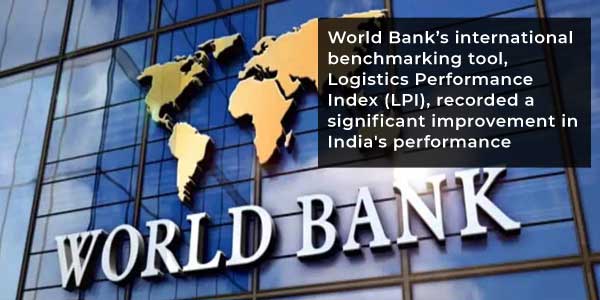
|
||||||||||
| The latest edition of the World Bank's international benchmarking tool, Logistics Performance Index (LPI), recorded a significant improvement in India's performance compared to its last report. In the 2023 LPI rankings, India has been ranked 38th out of 139 countries, which is six places higher than its rank in the LPI 2018 report. The LPI measures a country's logistics performance based on six parameters: Customs, Infrastructure, International shipments, Logistics competence and quality, Timeliness, and Tracking and Tracing. India's climb up the rankings can be attributed to its policy focus on infrastructure. As Christina Wiederer, senior economist, the World Bank group's macroeconomics, trade & investment global practice and the report's co-author noted in a press statement: "While most time is spent in shipping, the biggest delays occur at seaports, airports, and multimodal facilities. Policies targeting these facilities can help improve reliability." | ||||||||||
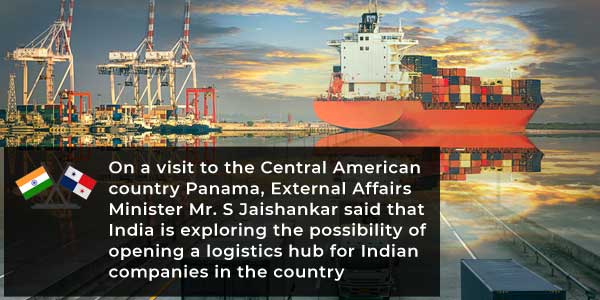
|
||||||||||
| On a visit to the Central American country Panama, External Affairs Minister Mr. S Jaishankar said that India is exploring the possibility of opening a logistics hub for Indian companies in the country, the TOI reported. He added that the country's trade with Latin America is growing and nearing $50 billion."Much of the talks were devoted to how to deepen our friendship, and how to expand our cooperation. Among the specific issues we discussed were those pertaining to trade and investment, the possibilities of exploring a logistics hub here for Indian companies," Mr. Jaishankar said to the media. | ||||||||||
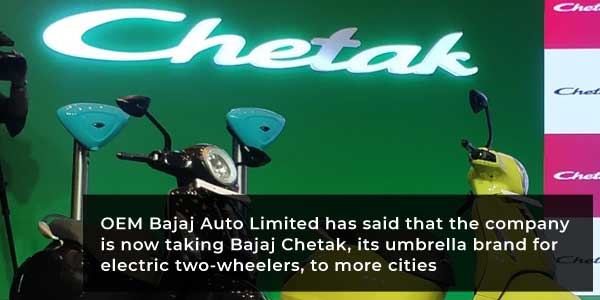
|
||||||||||
| Indian multinational automotive OEM Bajaj Auto Limited has said that the company is now taking Bajaj Chetak, its umbrella brand for electric two-wheelers, to more cities, after having successfully resolved some supply chain glitches. Speaking with CNBC-TV18, Rakesh Sharma, Executive Director of Bajaj Auto said, "Three months ago, we were in 40 cities, now we've expanded to 88 cities with Chetak stores." Bajaj Chetak manufactures electric scooters inspired by the classic Bajaj Chetak scooter, which was one of India's most popular scooters in the '80s and '90s.Mr. Sharma said that the company is looking at low-speed, mid-speed & high-speed models. | ||||||||||
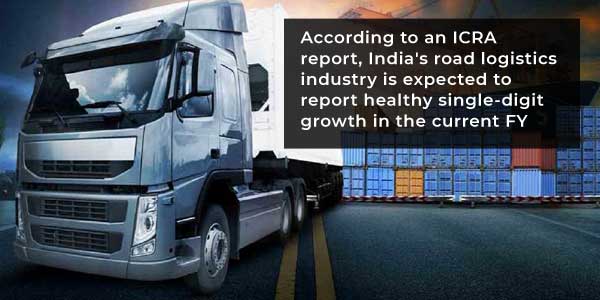
|
||||||||||
| According to an ICRA report, India's road logistics industry is expected to report healthy single-digit growth in the current FY, with demand likely to follow the trend next year. The credit rating agency pointed out high inflation, interest rates, and uncertain natural events as potential risksthat could affect the overall economic health. The report stated that the Q3 FY23 revenues for the logistics sector contracted by a marginal 2 per cent year-on-year. | ||||||||||
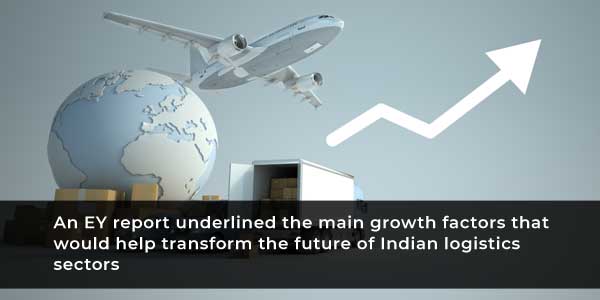
|
||||||||||
| An EY report underlined the main growth factors that would help transform the future of Indian logistics sectors. The report bucketed them into the broad categories of policy, business, digital, and infrastructure. Under Policy, it highlighted the need for effective implementation of the National Logistics Policy and stated that this will require a close coordination between central and state governments. It pointed out the lack of dedicated skill enhancement policy for logistics sector employees as a major impediment. In Infrastructure, the report pointed out challenges such as a lack of interconnectivity of captive logistics infrastructure with the nationwide logistics infrastructure, an uneven utilization of different modes of transportation for freight movement, and the low draft depth at Indian ports that limits the arrival of bigger vessels. | ||||||||||
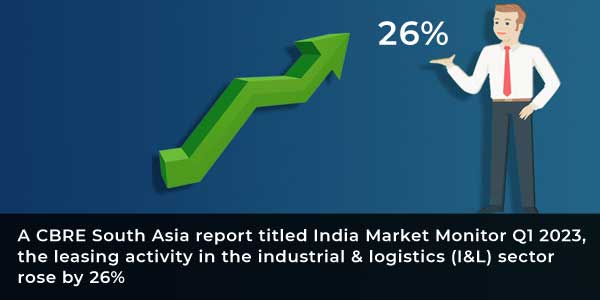
|
||||||||||
| A CBRE South Asia report titled India Market Monitor Q1 2023, the leasing activity in the industrial & logistics (I&L) sector rose by 26% YoY in the January-March 2023 period to reach 8 million sq ft. 3PL providers had a 43 percent share of the leasing market, while e-commerce firms' share increased to 15 percent. Retail and engineering and manufacturing firms each accounted for 11 percent of leasing, followed by automobile and ancillary corporates at 8 percent, reported Construction World. | ||||||||||
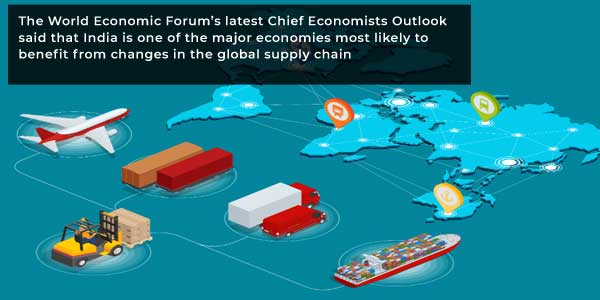
|
||||||||||
| This is the season of survey reports. The World Economic Forum's latest Chief Economists Outlook said that India is one of the major economies most likely to benefit from changes in the global supply chain. Mentioning that economists expect both growth and inflation dynamics to vary widely across regions, the regions most likely to benefit from supply-chain changes are South Asia, East Asia and Pacific, Latin America and the Caribbean, and the US. | ||||||||||

|
||||||||||
| Chirag Taneja, co-founder and CEO, Gokwik explored whether ChatGPT can solve complex human queries for e-commerce in an opinion piece written for ET Retail. Chat GPT's ability to understand complex queries, provide more human-like interactions, and personalize responses based on past interactions and preferences will make it easier for customers to get the information theyneed quickly and efficiently. Similar uses of AI models like ChatGPT will become increasingly important in the years to come, he wrote. | ||||||||||
|
INTERNATIONAL
|
||||||||||
|
Will connect again next month, with a comprehensive dossier of news, trends and events from the industry. |
||||||||||
|
||||||||||
